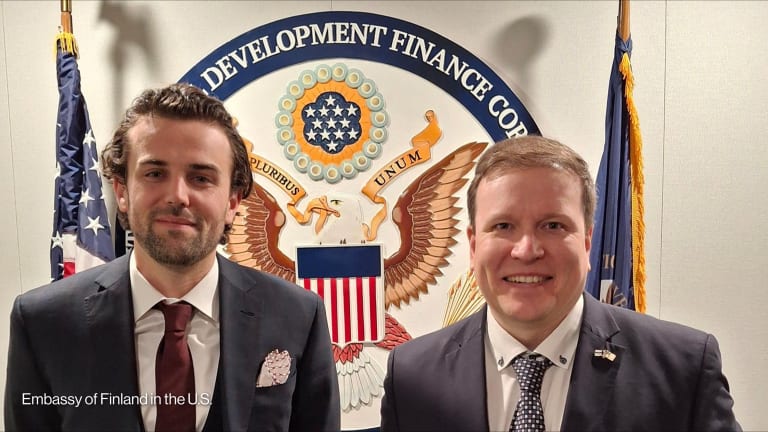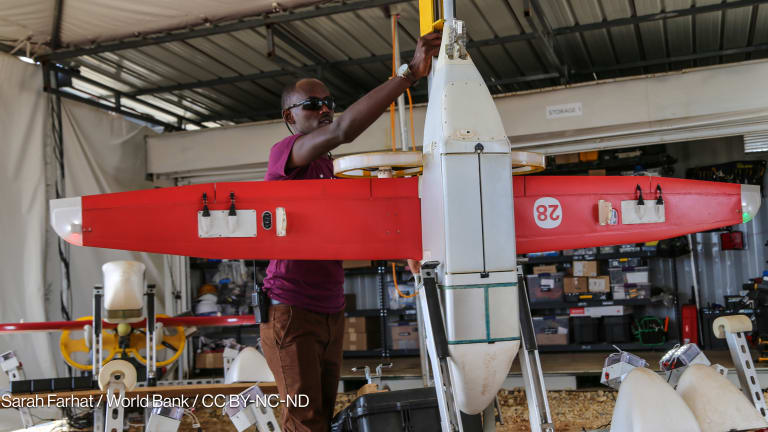When Republican Rep. Ted Yoho from Florida arrived in Washington, D.C., in 2013, he was committed to cutting government spending, including on foreign aid. But he told Devex in a recent interview that he quickly learned slashing assistance wasn’t a viable solution. Instead, he decided to work to reform it.
Yoho is now planning to introduce new legislation to that end in March. The Economic Growth and Development Act would propose reforming foreign aid to bring in more private sector actors and enhance accountability, by funneling more funds to agencies such as the Millennium Challenge Corporation and the Overseas Private Investment Corporation.
The U.S. needs “to redirect our foreign aid and move from a position of giving money out expecting people to do something” and shift the paradigm to “a philosophy of going to trade not aid,” he said.








